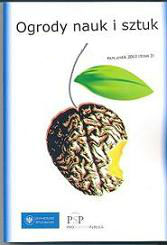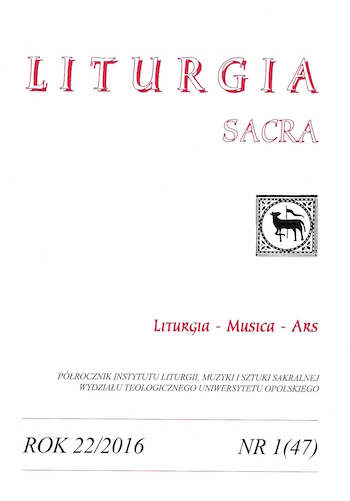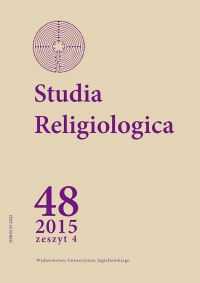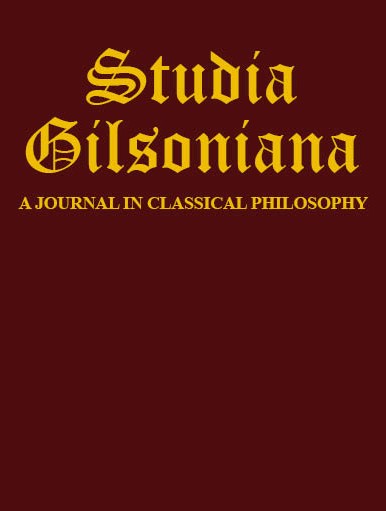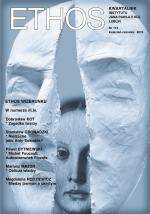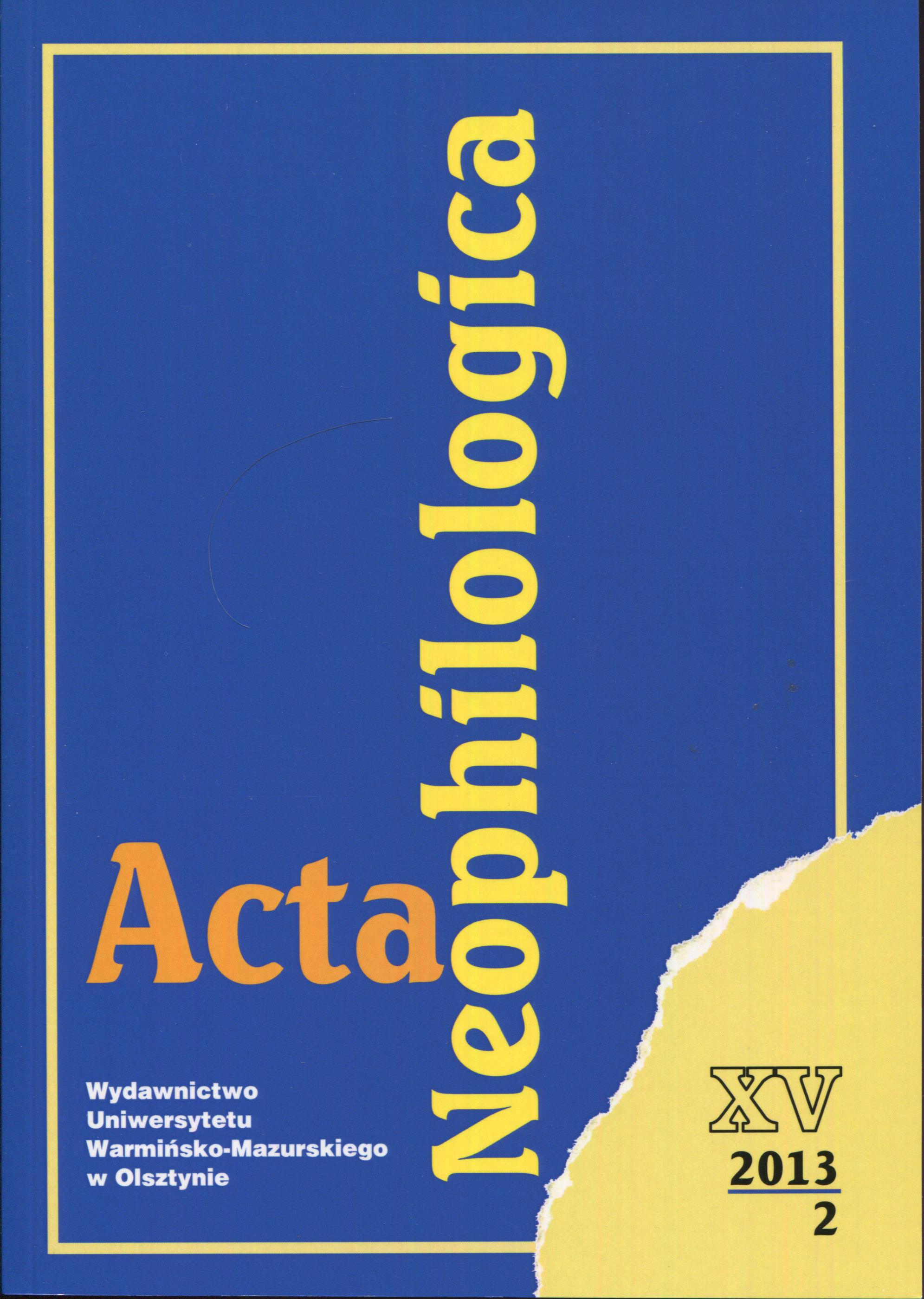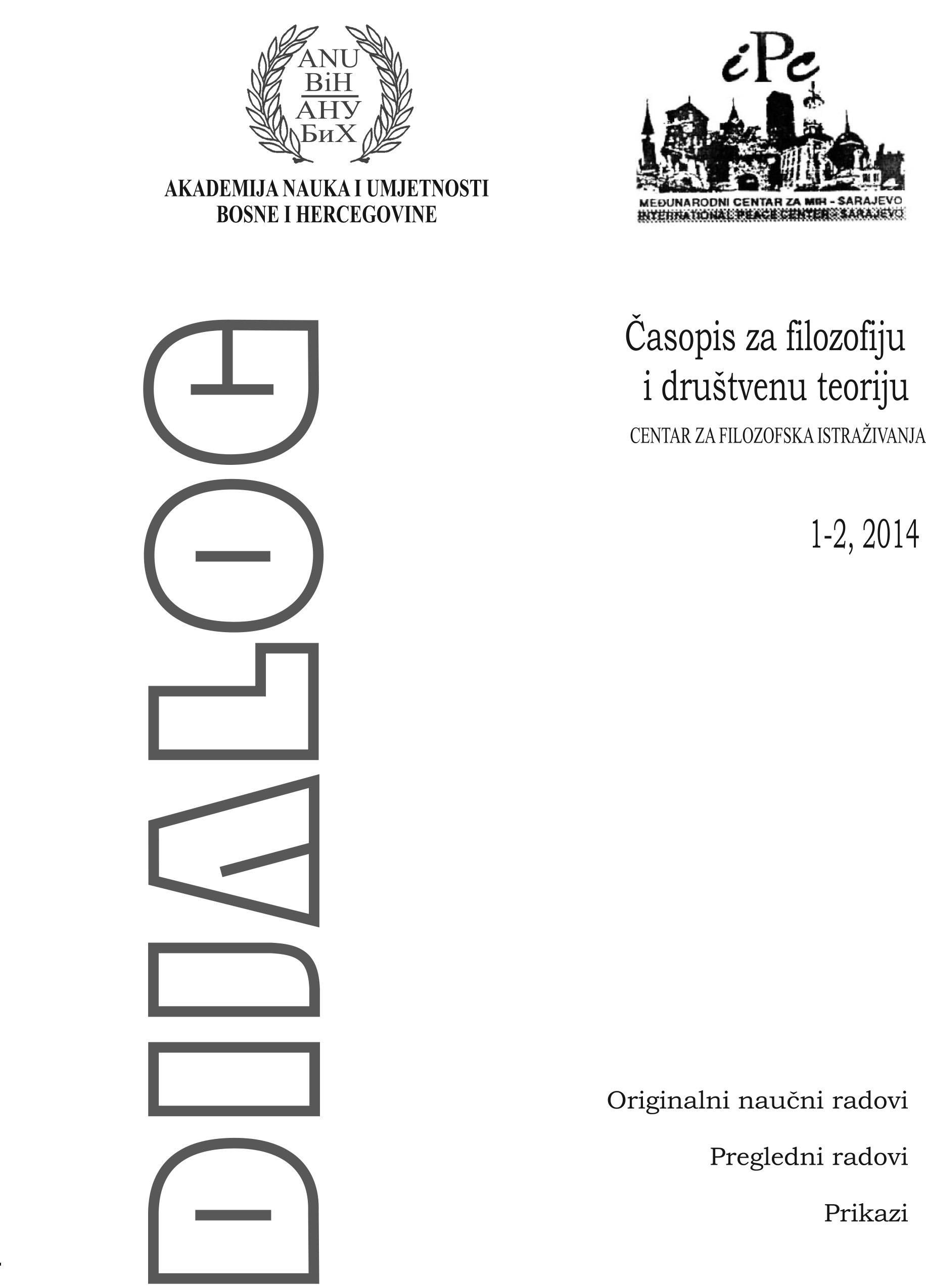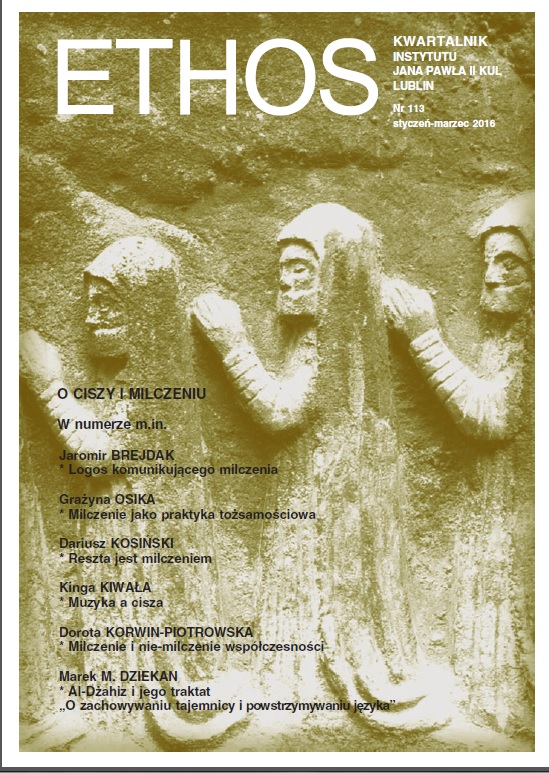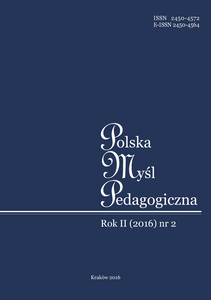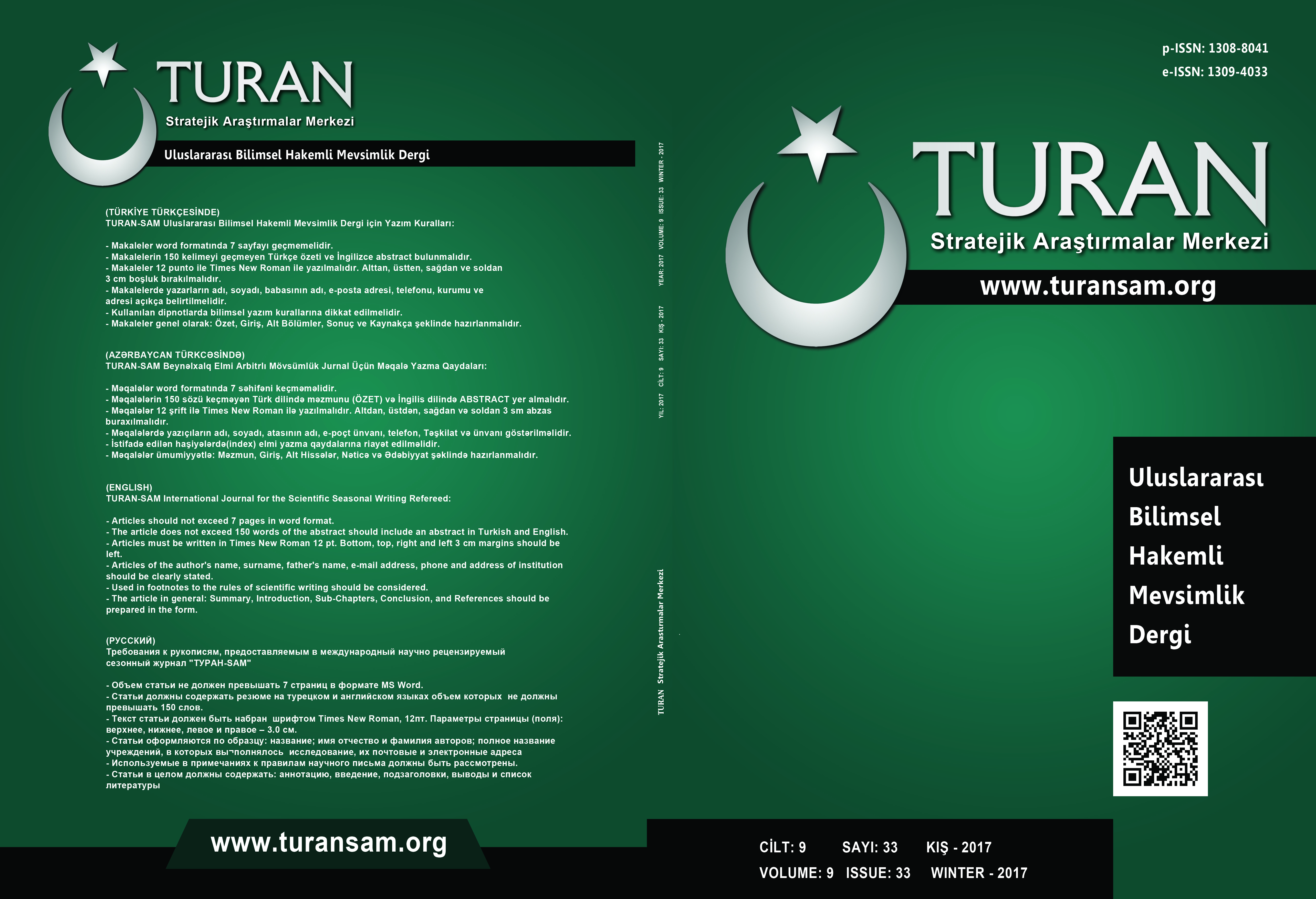Author(s): Jan Paweł II / Language(s): Polish
Issue: 1/2016
In the liturgical experience, Christ the Lord is the light which illumines the way and reveals the transparency of the cosmos, precisely as in Scripture. The events of the past find in Christ their meaning and fullness, and creation is revealed for what it is: a complex whole which finds its perfection, its purpose in the liturgy alone. This is why the liturgy is heaven on earth, and in it the Word who became flesh imbues matter with a saving potential which is fully manifest in the sacraments: there, creation communicates to each individual the power conferred on it by Christ. Thus the Lord, immersed in the Jordan, transmits to the waters a power which enables them to become the bath of baptismal rebirth.4 Within this framework, liturgical prayer in the East shows a great aptitude for involving the human person in his or her totality: the mystery is sung in the loftiness of its content, but also in the warmth of the sentiments it awakens in the heart of redeemed humanity. In the sacred act, even bodiliness is summoned to praise, and beauty, which in the East is one of the best loved names expressing the divine harmony and the model of humanity transfigured, appears everywhere: in the shape of the church, in the sounds, in the colors, in the lights, in the scents. The lengthy duration of the celebrations, the repeated invocations, everything expresses gradual identification with the mystery celebrated with one’s whole person. Thus the prayer of the Church already becomes participation in the heavenly liturgy, an anticipation of the final beatitude.
More...

